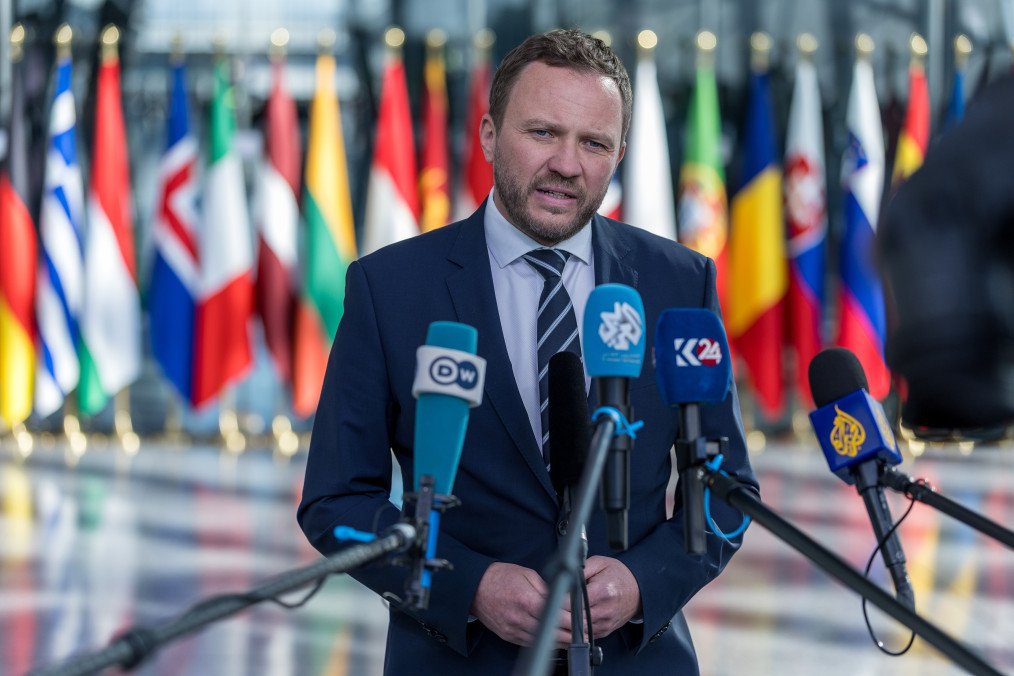- Category
- Latest news
EU Risks Handing €240 Billion to Putin if Hungary Blocks Sanctions, Estonian FM Warns

Estonian Foreign Minister Margus Tsahkna has warned that the European Union could be forced to return €240 billion in frozen Russian assets if Hungary vetoes the extension of sanctions against Russia this June.
According to Der Spiegel on April 5, Tsahkna stated that under current EU regulations, sanctions against Russia must be renewed every six months, requiring unanimous support from all member states—including Hungary.
Failure to reach consensus would not only allow the sanctions to lapse but could also lead to the unfreezing of Russian assets, primarily those held by the Central Bank of Russia.
Speaking on the sidelines of a NATO foreign ministers' meeting in Brussels, Tsahkna emphasized that a potential Hungarian veto would mean “transferring €240 billion to Vladimir Putin,” noting that the funds could then be used against both Ukraine and the EU.
He called for the confiscation of the frozen assets, arguing that legal mechanisms already exist to proceed with such action. “We must ensure that even without unanimous agreement, these funds are not returned,” he said.
The Estonian minister also suggested the possibility of invoking Article 7 of the Treaty on European Union, which allows for the suspension of a member state’s voting rights if it is deemed to pose a threat to the bloc’s fundamental values or security.

“In the case of Hungary, we are dealing with a weak country that is aligned with Putin’s interests rather than those of the European Union,” Tsahkna told Rheinische Post. “Article 7 is designed for precisely this type of situation, and the option of applying it is becoming increasingly relevant.”
Tsahkna’s comments come amid ongoing EU discussions over how to use frozen Russian assets to support Ukraine. He underscored that asking EU taxpayers to contribute more funds while returning frozen assets to Russia would be unacceptable.
Most of the Russian central bank funds are currently held in Belgium, and Tsahkna stressed that the EU must act collectively to prevent the release of these assets, regardless of Hungary’s position.
“We cannot demand money from our taxpayers for Ukraine and at the same time give money back to the aggressor,” he said.
Earlier in March, Ukraine received $1.7 billion from Canada under the G7’s Extraordinary Revenue Acceleration (ERA) initiative. The funds, generated from frozen Russian assets, represent the first tranche of Canada’s five billion Canadian dollar commitment.
-c6522ae9e5320af1cc92504c0aaa1b34.png)


-111f0e5095e02c02446ffed57bfb0ab1.jpeg)


